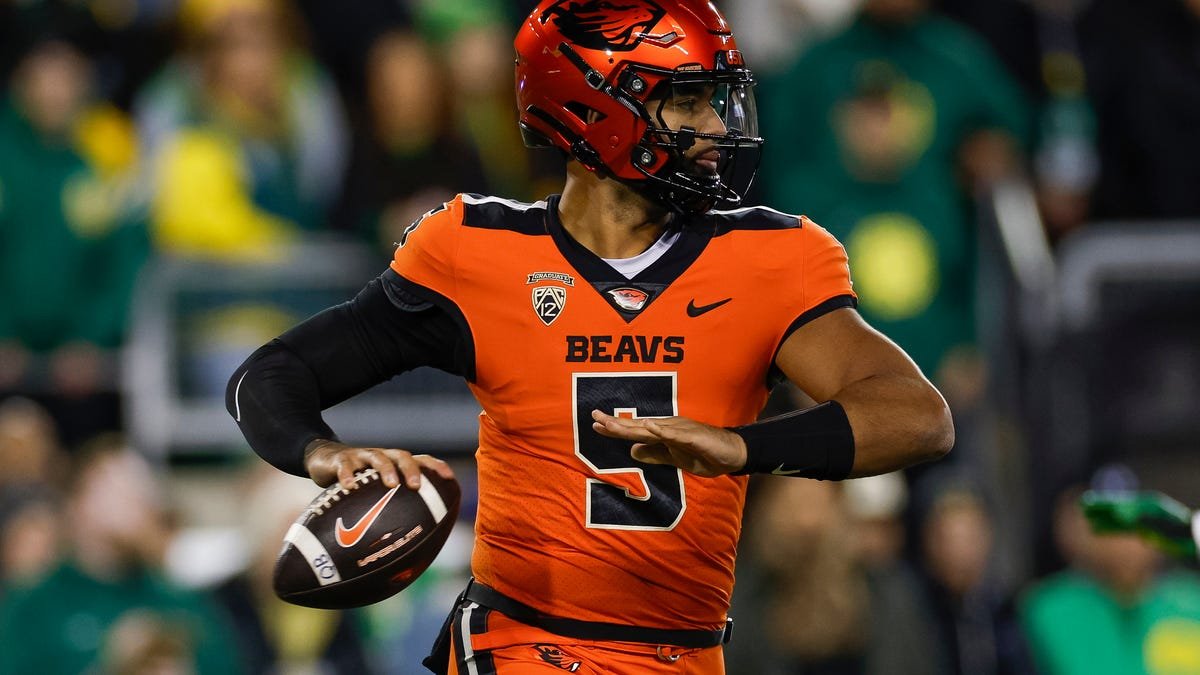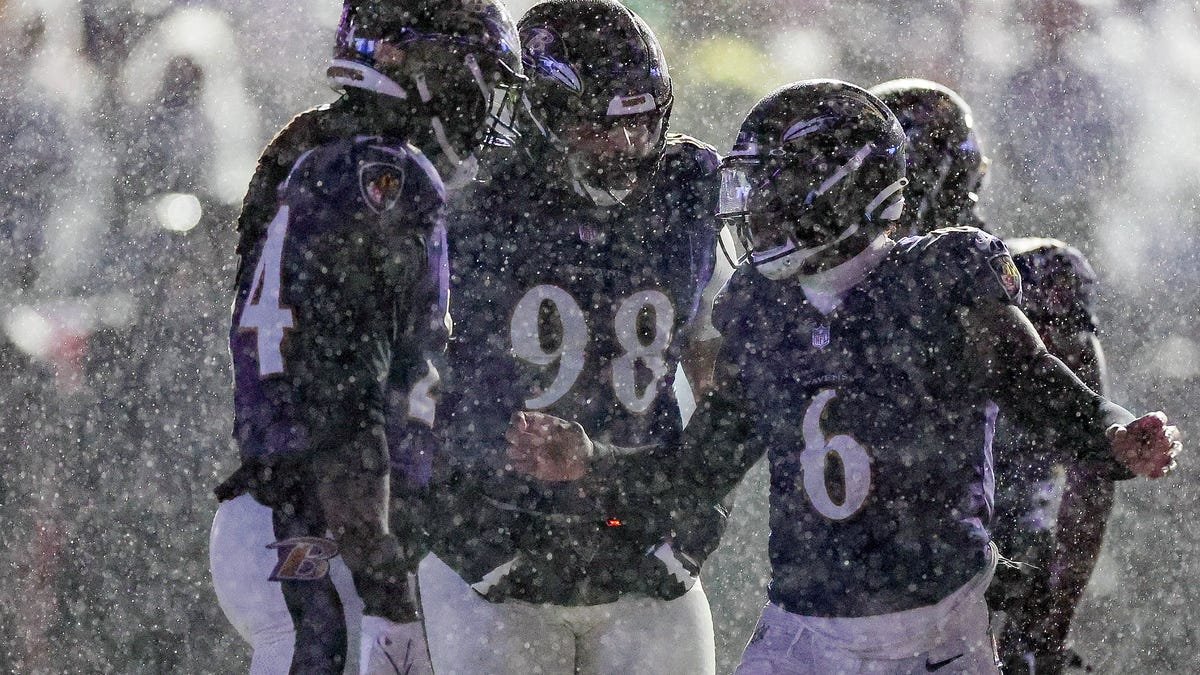The Transfer Portal: A Blessing or a Curse for College Football?
The transfer portal has become a significant aspect of college football in recent years. It has provided players with the opportunity to explore new options and find the right fit for their careers. However, it has also caused headaches for head coaches who must deal with the constant turnover of players. The 2022 transfer portal is no exception, with talented quarterbacks like DJ Uiagalelei and Cam Ward opting to leave their respective schools for greener pastures.
The transfer portal allows players to transfer to another school without having to sit out a year, as was previously required. It has become a popular option for quarterbacks who are looking for upgrades or second chances. In the case of Uiagalelei and Ward, their decisions have furthered the misery of Oregon State and Washington State, respectively. Both quarterbacks chose not to explore options outside of their conference, indicating a desire to remain in familiar territory.
Another notable transfer is Riley Leonard, who is leaving Duke and could potentially become the second talented ACC quarterback to lead Notre Dame. The transfer portal has allowed players to seek out new opportunities and potentially make a significant impact on their new teams.
In addition to quarterbacks, there are also talented skill players available in the transfer portal. Beaux Collins from Clemson is a prime example, possessing the size and skill of a first-round draft pick. Suitors will undoubtedly be lining up to replicate what Florida State did with Keon Coleman. South Carolina’s Juice Wells has also expressed his desire to leave the Palmetto State, highlighting the potential of Gamecock receivers.
The turnover caused by the transfer portal can be staggering, and it raises questions about the timing of these transfers in relation to the numerous bowl games. However, it is undeniably more entertaining than signing day, with its unpredictable nature and potential for surprises. The transfer portal operates similarly to Marvel Studios’ multiverse concept, where characters can come back from the dead or reappear unexpectedly. The constant flux keeps fans on their toes and adds an element of excitement to the college football landscape.
As COVID-19 has granted players additional eligibility, the pool of available transfers may eventually shrink. Student-athletes can no longer earn a doctorate over the course of their college football career, limiting the opportunities for quick fixes. This may lead to a decline in the tumultuous nature of the transfer portal in the future.
However, whether the transfer portal proves the likes of coaches Dabo Swinney and Matt Rhule right remains to be seen. The primary motivation behind transferring for many players is the pursuit of an NFL career, but it also provides an opportunity for playing time, collegiate success, or a change of scenery. Players are eagerly taking advantage of the portal to find their best path forward.
Not all transfers pan out, as evidenced by Sam Hartman’s experience at Notre Dame. Hartman sought a pro-style offense but found himself in a predictable, drop-back system that lacked creativity. The transfer portal works both ways, and there are often “I told you so” moments for both players and fans alike.
For those who oppose the transfer portal, the concept of revenue sharing may be a more appealing alternative. By directly compensating athletes, universities may foster loyalty and discourage players from seeking opportunities elsewhere. If all players are owed is a degree, it is understandable that they may view the source of that degree as interchangeable.
In conclusion, offering advice to programs on how to approach the transfer portal is a challenging task. The landscape of college football is in a constant state of upheaval, and any coach claiming to have a five-year plan may be fooling themselves. The key is to adapt and redefine the plan regularly, keeping an eye on the ever-evolving transfer portal. As college football continues to navigate the complexities of player transfers, the transfer portal remains a potent force that can either be a blessing or a curse for the sport.





